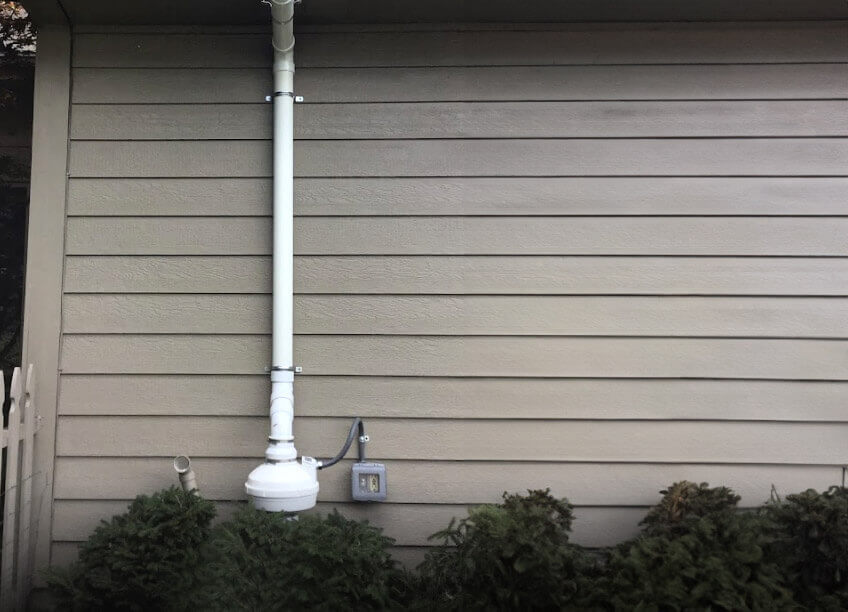What is a radon system and how does it work?
A radon system, or radon reduction system, is designed to lower radon levels inside homes. Radon systems often use sub-slab depressurization to draw radon gas from beneath the foundation and vent it outdoors. This process prevents radon from accumulating indoors, reduces radon exposure and minimizes health risks.
How can I tell if my home has a radon problem?
The only way to identify a radon problem is through testing. Radon is an invisible, odorless gas undetectable without proper equipment. Use a radon test kit to measure levels in your home. If testing shows elevated radon levels, consider professional mitigation to reduce exposure.
What are the environmental health risks associated with radon exposure?
Radon exposure is a major health concern and the second leading cause of lung cancer in the U.S. after smoking. Long-term exposure to high radon levels increases the risk of developing lung cancer. Reducing radon levels in your home lowers this risk and creates a safer living environment.
How often should I test my home for radon levels?
We recommend testing every two years, or sooner if you’ve made structural changes like foundation repairs or renovations. Regular testing helps detect changes in radon levels and allows timely action if elevated levels are found.
What should I look for in a radon mitigation system provider?
When choosing a provider for radon mitigation services, look for a company adhering to radon mitigation standards and experienced in installing radon systems. It's essential to select a provider with comprehensive radon services, including testing, installation and maintenance. Ensure they use high-quality equipment and provide detailed radon information to educate you about the process.
Can foundation repair affect my existing radon mitigation system?
Yes, foundation repairs can change airflow patterns and create new radon entry points, potentially affecting your system’s performance. Test for radon levels after foundation work and make necessary adjustments or upgrades to your mitigation system for better protection.
What steps can I take if my radon test kit shows high radon levels?
If testing reveals high radon levels, contact a professional mitigation provider immediately. They will assess your home and recommend an effective system. After installation, regular maintenance and follow-up testing help guarantee continued protection from radon gas.



